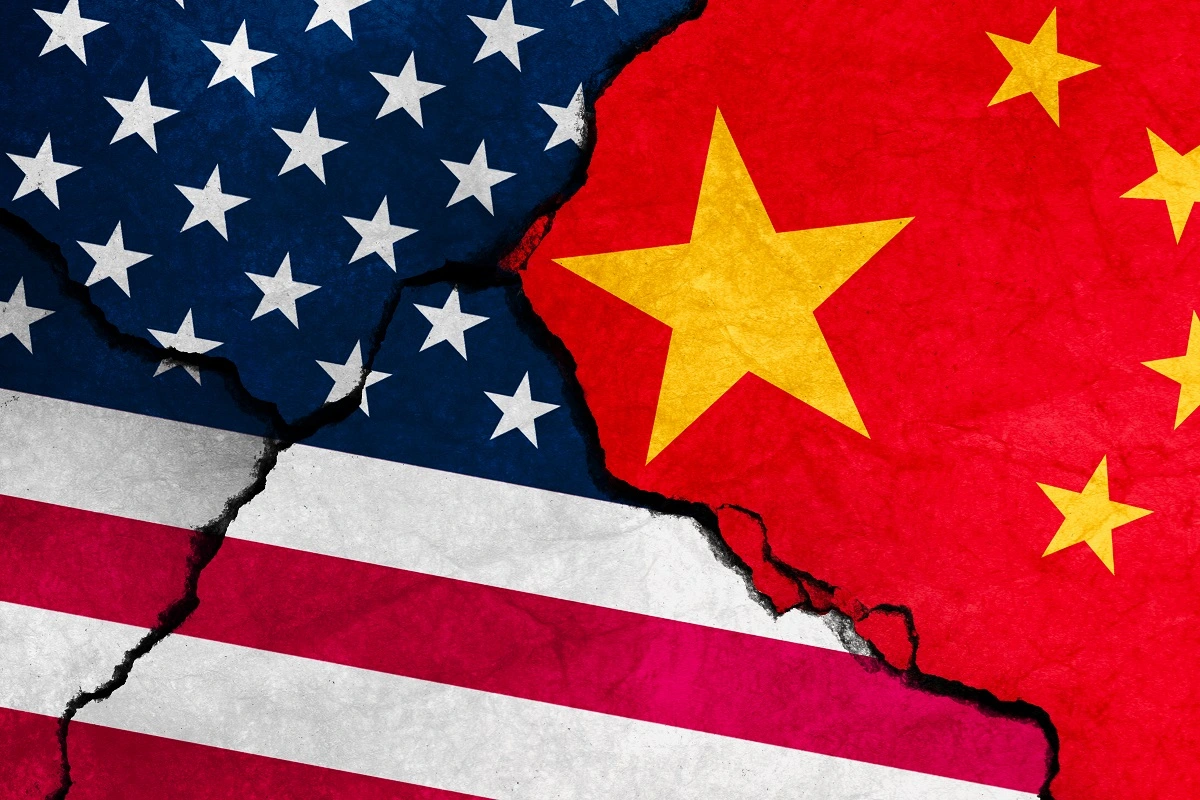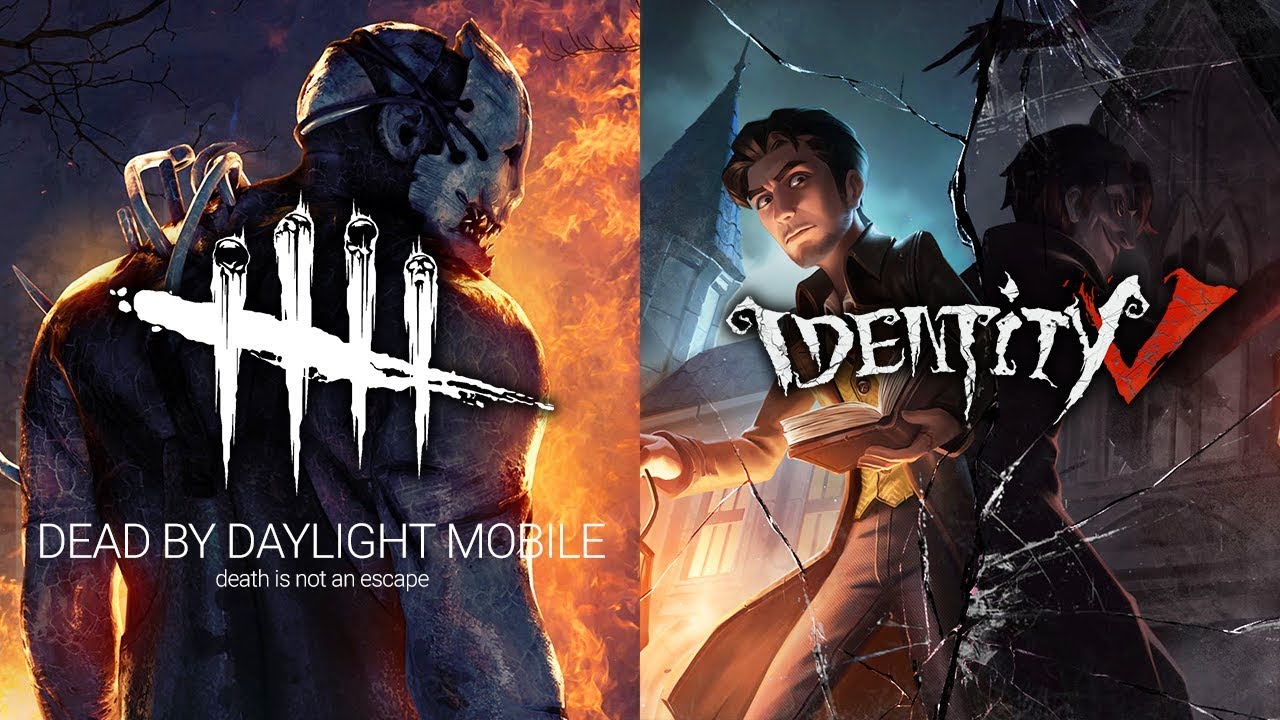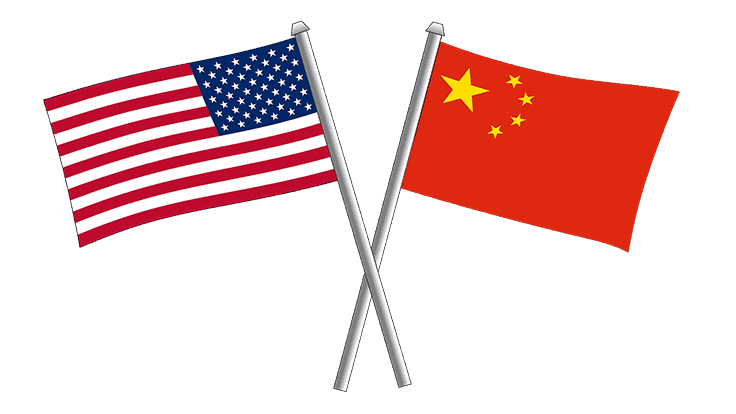IntroductionChina has one of the most restrictive governments in the world when it comes to censorship; which is implemented, not by companies or culture alone, but by government intervention.
In order to examine the way the Chinese government views media censorship, this website will cover media censorship of film, video games and comics.
Video Games
The Chinese government is known to be so restrictive regarding what they’ll allow in video games that many companies will have entirely separate releases of games made for a Chinese audience that make changes to get around censorship laws. In fact, sometimes entirely new video games will be created to fill a genre niche that was originally unavailable to Chinese consumers due to the original not being allowed sale in China. An example of such is Dead By Daylight (DBD) and Identity V (IDV). DBD is an asymmetric multiplayer horror game created by Behaviour Interactive, it found immense popularity and success for its unique gameplay style. However, as a rather violent horror game, DBD was not fit to be sold under watch from the Chinese government. To meet consumer demands for an asymmetrical multiplayer game in the same vein as DBD, Behaviour Interactive began working with NetEase, another game studio, to create IDV, a similar game with a Coraline-esque style that could be retailed in Chinese markets. However even non-violent, seemingly unofensive games such as Animal Crossing: New Horizons are banned in China if they are seen as encouraging anti government sentiment, even through customizable features in the games, rather than actual contet. Furthermore, video game home consoles, such as the XBox, PlayStation and Nintendo systems, were banned in China from the years 2000 to 2015, while this ban has been lifted, there are still laws in China regarding the time children are permitted to play video games. While this is a fairly new law, it is possible this will influence the target demographic of many video games made in China. As children's access to video games becomes more and more limited, it may become far more lucrative to create video games targeting adults. For further information regarding Animal Crossing and the Hong Kong protests, please consider watching this brief video with footage of these digital protests
VIDEO.
Comics
As with other various media the Chinese government has a history of banning comics, such as in 2015 when the government outright banned 38 popular Japanese manga series from distribution in the country, both digitally and physically. Because of how huge of a market China is, many companies will prematurely remove content that they fear will incur censorship in the country. Not only affecting the Chinese market, but the global market. An example of this is a particular piece of Batman artwork by Rafael Grampá, which was almost immediately removed from all official social media after it received backlash for a perceived reference to the Hong Kong protests. As evident by DC’s immediate actions, the Chinese market is very important to them, and to risk losing that consumer base is not something they are willing to do, even if it means censorship is required.
Film
Much like with comics, the reach of the Chinese government can be seen across many different films. Oftentimes this takes the form of easily removable scenes in the original release of a film that contain content the Chinese government might consider impermissible. It’s something of an “eat your cake and have it too” situation. Many companies want to both appease LGBTQ fans by including LGBTQ characters, however they still want to receive profits from the Chinese market, which they are unable to achieve if their product is banned in China. Examples of this include the live action remake of Beauty and The Beast, Fantastic Beasts: The Crimes of Grindelwald and Star Wars: The Rise of the Skywalker; all of which include blink-and-you-miss-it instances of homosexual romance, that can be easily removed to appease the Chinese government. Furthermore, the list of films banned in China is lengthy, many of these films fell under scrutiny due to the inclusion of violence, homosexuality, sexual content, nudity, Christianity, gambling or content that questioned the government or Chinese societal structures. However, films can seem completely inoffensive and still find themselves banned, such as Back to The Future, which was banned for including time travel. As a result the amount of external film entering China is extremely limited. This means that nearly all of the pop culture films popular in China will be created in China, and while this is not necessarily entirely bad, it does open the door for an increase in government propeganda disguised as film reaching popularity in the mainstream.



